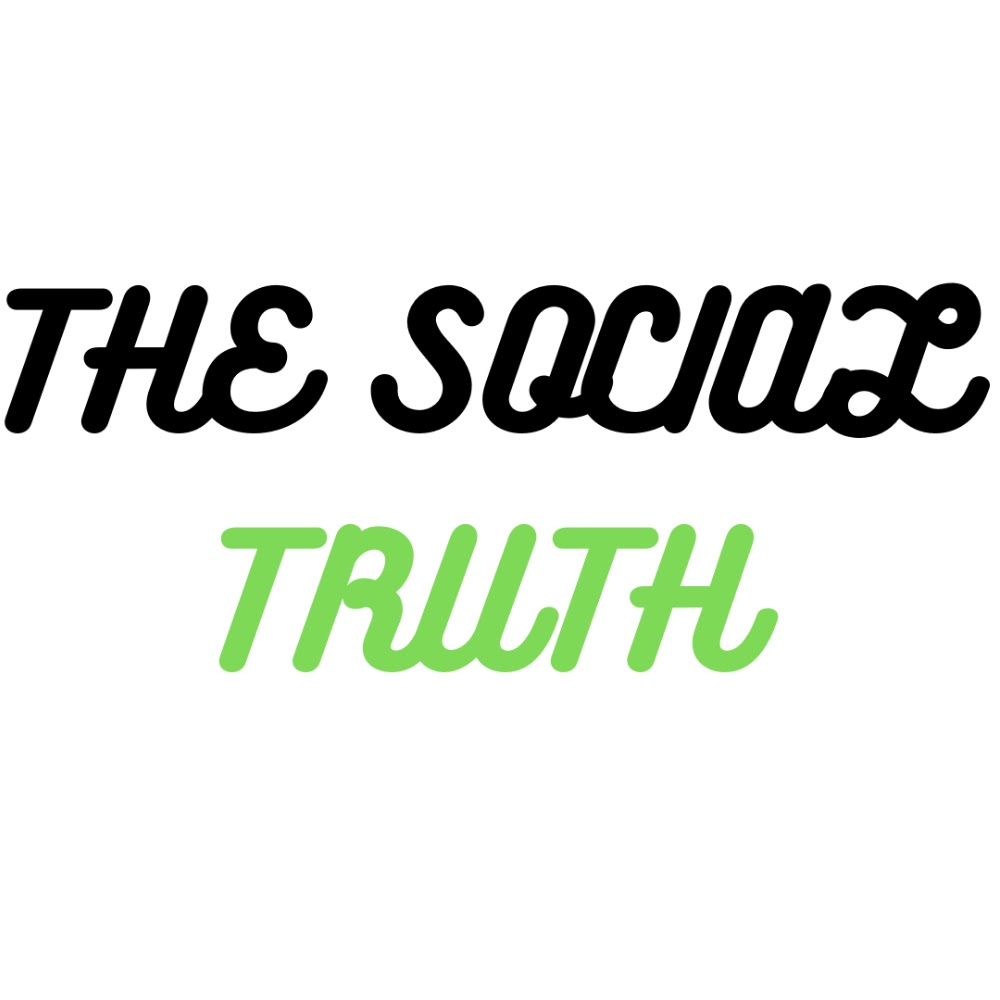It
is suggested to students with visual impairment that STEM (Science, Technology,
Engineering, and Mathematics) courses are not for them, it is mainly because
there isn’t a well-designed curriculum set for such students to learn the subjects efficiently.
Karnataka's
entrepreneur Vidhya Y, who is visually challenged since birth, also faced
several difficulties in studying science and mathematics, owing to their visual
nature and discouraged by several institutions and teachers for pursuing
science.
Vidya's personal experience as a person with visual
impairment motivated her to start Vision Empower (VE), which offers an
accessible learning management platform to promote experiential learning of
STEM subjects, computational thinking, and digital literacy, and also includes
early childhood programmes. Now, she
empowers thousands of people with visual impairments through Vision Empower, a
non-profit organization.
During
the panel discussion conducted by World Summit on Information and Society
(WSIS) Forum 2022 on the International Day for Women and Girls in Science,
Vidhya Y, the co-founder of Vision Empower said; "The current generation
has over 1.1 million children with visual impairment in India yet in all the
generations till now, less than 50 of them have chosen to study STEM subjects
beyond high school.”
“To
promote STEM learning, we started by giving out textbooks to visually impaired
children with diagrams they could understand by touching and feeling. The
theory is in braille and the diagrams are in 2D,” says Vidhya. Earlier they
started with providing these materials to students from class 4 to class 6, but
have now expanded to include kids from class 1 to class 10.
Vision
Empower is currently working with over 30 schools across six states on a
portfolio that covers STEM, computational thinking, and digital literacy,
especially for teachers with blindness. This year, VE has been able to touch
more than 18,000 direct and indirect beneficiaries, with the help of more than
300 volunteers. The plan for the coming year is to reach 100 schools across the
country.
VE
is a result of collaborative efforts of
the teachers and children with visual impairment, from the design stage till
the implementation. But, the role of government partnerships, content creation
assistance, research collaborations and volunteer support cannot be undermined
as these have also played a vital role for Vision Empower in designing an
accessible and inclusive ecosystem that is scaling up to 5 states in the
country.
 |
(Left to right) Vidhya Y and
Supriya Dey founded Vision Empower for school students while Kartik Sawhney,
founder of iSTEM, decided to focus on college students
Vidya bagged gold medals in her Master’s programme
in Digital Society Programming at IIIT-Bangalore. Despite all her success no
company was willing to hire her. That’s when she decided to use this setback as
an opportunity and decided to create jobs for others instead, as an
entrepreneur, with a mission to make STEM education accessible to
visually-impaired students. In 2017, Vidhya launched Vision Empower with Amit
Prakash, her professor at IIIT, and Supriya Dey, a research student at the
institute. Today they help other visually-challenged people to taste success,
through effective learning in Science, Technology, Engineering, and Mathematics
(STEM) courses.
As
a Research Fellow at Microsoft, Vidhya co-authored two papers published by ACM.
She has also hosted 35 episodes as an RJ on science and technology, which
benefited thousands of visually-impaired listeners. 28-year-old
visually-impaired successful entrepreneur beats all odds to not only conquer
STEM learning, but also to help others like her.
VE
also creates STEM learning programme-Anubhav, whose aim is to develop a
scientific temperament. The focus at Anubhav workshops is to find fun
ways to learn, says O Aishwarya, an Educational Co-ordinator. “Science concepts
taught through experiential learning included magnets, density, friction, etc.
The children drive cars through paths made of different textures to experience
friction, test out what floats and what sinks to be introduced to the concept
of density, and act out skits to learn about the water cycle”.
|
|


.png)








0 Comments